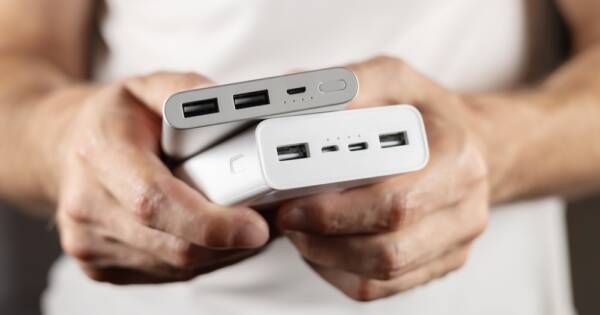Typing might feel like a simple task, but the type of keyboard you use can make a big difference. Whether you work from home, game online, or simply browse the internet, the right keyboard can improve comfort, speed, and overall experience. Two of the most common types—mechanical and membrane—offer different benefits depending on how you use them.
How Each Keyboard Type Works
Mechanical keyboards use physical switches under each key. When you press a key, a spring-loaded switch sends a signal directly to your computer. This setup gives tactile feedback and often includes a distinct clicking sound. Because each key has its own mechanism, mechanical keyboards are usually more responsive and durable.
Membrane keyboards, on the other hand, use a rubber dome or pressure pad system. When you press a key, it pushes down on a flexible membrane layer to complete a circuit. This design is quieter and generally softer to the touch. Membrane keyboards are often built with fewer moving parts, which can make them lighter and more compact.
Typing Feel and User Experience
One of the biggest differences between the two keyboard types is how they feel during use. Mechanical keyboards give a noticeable bump or click when a key is pressed, which many users find satisfying. This feedback can help improve typing accuracy and speed because you can feel exactly when a key registers.
Membrane keyboards tend to be quieter and have a softer feel. The lack of tactile response might make them less ideal for long writing sessions or gaming, but many people find them comfortable for casual use. If you prefer a more silent workspace, a membrane keyboard might suit you better.
Personal preference plays a big role here. Some users love the sharp, clicky feel of mechanical switches, while others prefer the gentle, cushioned press of a membrane setup. Testing both styles in person can help you choose the one that feels best for your hands and work habits.
Durability and Longevity
Mechanical keyboards are known for lasting longer than membrane models. The switches are rated for tens of millions of keystrokes, and if one switch fails, it can often be replaced individually. This makes mechanical keyboards a popular choice for frequent typists, gamers, and professionals who rely on heavy daily use.
Membrane keyboards generally wear out faster. The rubber dome inside can lose its bounce over time, leading to mushy or unresponsive keys. Because the layers are sealed together, it’s harder to repair or replace individual parts. That said, membrane keyboards can still last for years if used lightly and handled with care.
If you need a long-term keyboard that can take a beating, mechanical is the more reliable choice. But if you’re looking for something lightweight or you don’t type often, a membrane model can still be a practical and affordable option.
Noise, Portability, and Design
Another factor to consider is sound. Mechanical keyboards can be loud, especially with certain switch types like blue or green variants. While some users love the sound of each keystroke, others may find it disruptive in shared spaces. Quiet mechanical switches do exist, but they’re not completely silent.
Membrane keyboards are much quieter. Their soft keys produce little to no sound, making them ideal for libraries, shared offices, or nighttime use. They also tend to be slimmer and lighter, which can be helpful if you need to pack them for travel.
Design is another area where both types differ. Mechanical keyboards often have a taller profile, which may require a wrist rest for comfort. Membrane keyboards sit flatter on your desk and may be more comfortable for short-term use without accessories.
Choosing Based on Your Needs
So, which one should you use? It depends on how you use your keyboard. If you’re a writer, gamer, or work long hours at a desk, a mechanical keyboard may help you type faster and more comfortably. You’ll also get better durability over time.
If you’re mostly browsing the internet, writing short emails, or using your keyboard occasionally, a membrane model might be all you need. It’s quieter, lighter, and often easier to find at local retailers.
Some users also choose based on aesthetics. Mechanical keyboards often offer custom keycaps and RGB lighting options, while membrane keyboards focus on simplicity and portability.
The Right Keyboard Makes a Difference
Choosing between a mechanical and membrane keyboard isn’t just about the price—it’s about how it fits your lifestyle. Each type has strengths and trade-offs, and the better option depends on your typing habits, environment, and comfort. Try both if you can, and pick the one that feels right. A good keyboard helps you work smarter, type faster, and enjoy your time at the desk.





